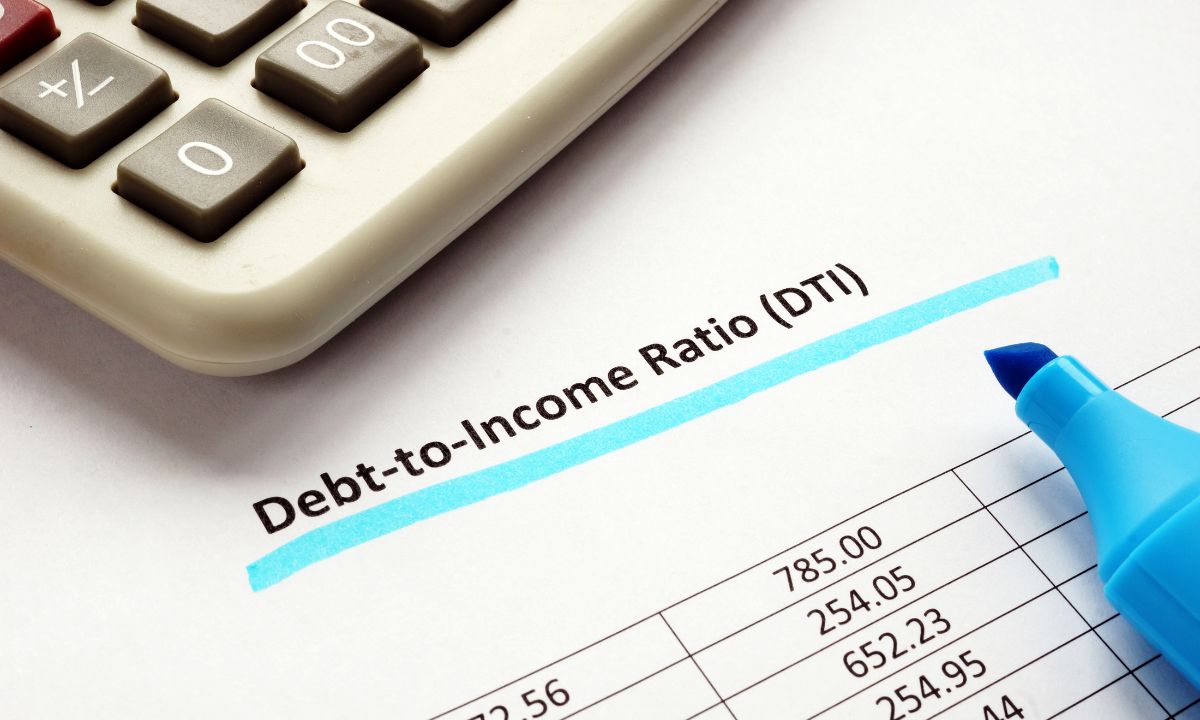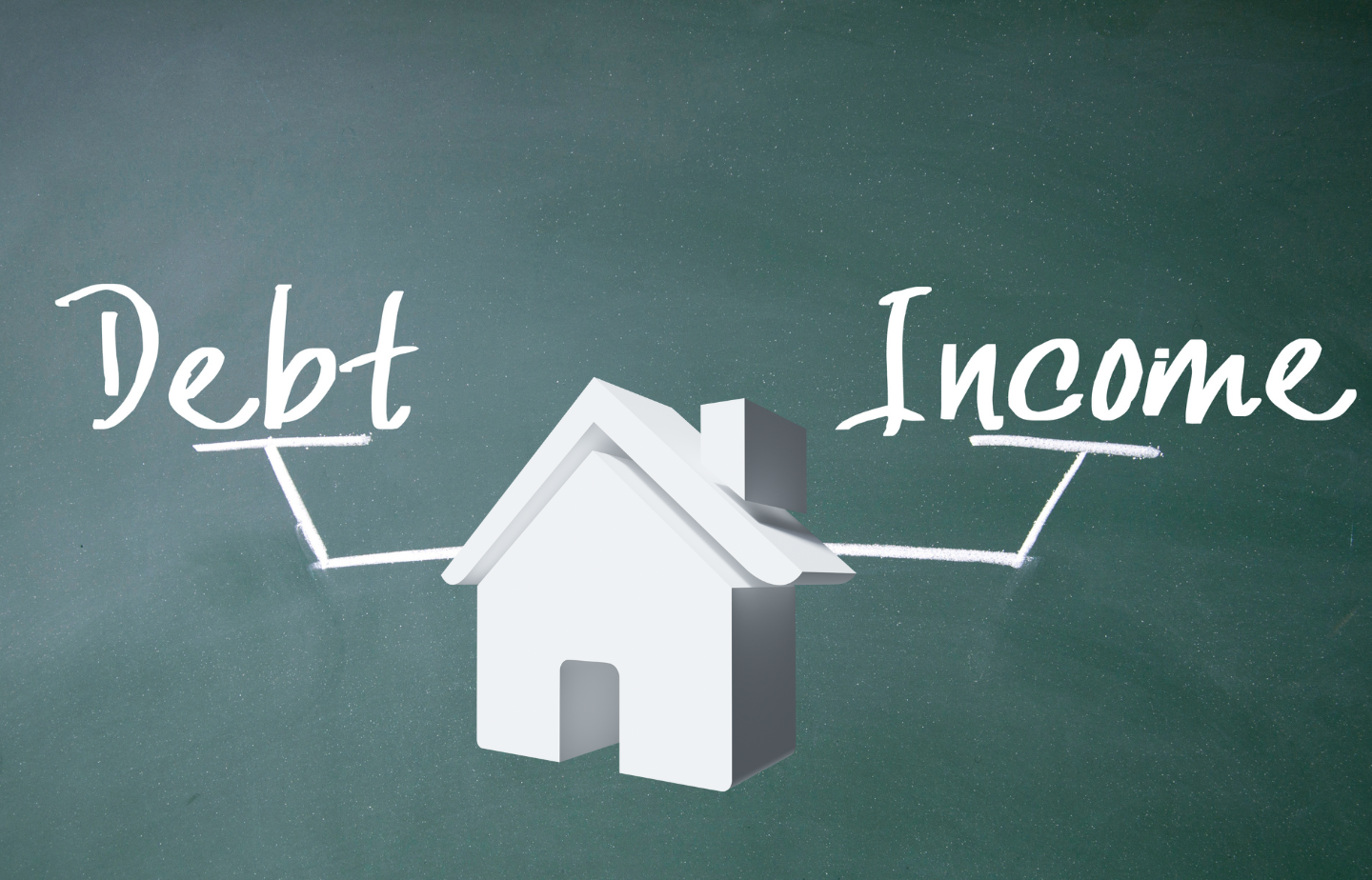 When it comes to securing a mortgage for your dream home, there’s a crucial number that can make or break your application: your debt-to-income ratio (DTI). Understanding and managing your DTI is essential for navigating the mortgage approval process smoothly. Let’s delve into what DTI is, why it matters, and how you can calculate it.
When it comes to securing a mortgage for your dream home, there’s a crucial number that can make or break your application: your debt-to-income ratio (DTI). Understanding and managing your DTI is essential for navigating the mortgage approval process smoothly. Let’s delve into what DTI is, why it matters, and how you can calculate it.
What is Debt-to-Income Ratio (DTI)?
Your debt-to-income ratio is a financial metric that compares your monthly debt payments to your gross monthly income. Lenders use DTI as a measure of your ability to manage your monthly payments and repay debts promptly. It helps them assess the level of risk involved in lending to you.
Why Does DTI Matter in Mortgage Approval?
Lenders consider your DTI alongside other financial factors when evaluating your mortgage application. A high DTI indicates that a significant portion of your income goes toward paying off debts, leaving you with less disposable income to cover mortgage payments. This can raise concerns about your ability to handle additional debt responsibly.
A low DTI, on the other hand, suggests that you have a healthier financial profile with more room in your budget to accommodate mortgage payments. Lenders typically prefer borrowers with lower DTI ratios, as they are perceived as less risky and more likely to make timely mortgage payments.
How to Calculate Your DTI:
Calculating your DTI involves two simple steps:
Add Up Your Monthly Debt Payments: This includes payments for items such as credit cards, student loans, car loans, personal loans, and any other outstanding debts.
Calculate Your Gross Monthly Income: This includes all sources of income before taxes and other deductions.
Once you have these figures, divide your total monthly debt payments by your gross monthly income, then multiply the result by 100 to get your DTI percentage.
Understanding the Numbers:
Ideal DTI: In general, lenders prefer DTI ratios below 43%. However, some lenders may accept higher ratios depending on other factors such as credit score, employment history, and savings.
Front-End vs. Back-End DTI: Front-end DTI only considers housing-related expenses (mortgage, property taxes, homeowner’s insurance, etc.), while back-end DTI includes all debts.
Impact on Mortgage Approval: A lower DTI increases your chances of mortgage approval and may even help you qualify for better interest rates and loan terms.
Tips for Improving Your DTI:
Reduce Debt: Pay off outstanding debts or consider consolidating them to lower your monthly payments.
Increase Income: Look for opportunities to boost your income through a salary raise, side hustles, or additional sources of revenue.
Avoid Taking on New Debt: Refrain from applying for new credit cards or loans before applying for a mortgage, as it can increase your DTI and affect your eligibility.
Your debt-to-income ratio plays a pivotal role in determining your eligibility for a mortgage. By understanding how DTI works and taking steps to manage it effectively, you can improve your chances of securing a mortgage with favorable terms. Remember, a lower DTI not only strengthens your mortgage application but also reflects a sound financial foundation for homeownership. Take control of your finances today to pave the way for your future home sweet home.
 When you apply for a new mortgage, the lender will evaluate your creditworthiness to determine whether to approve your application and what terms and interest rate to offer you. Your existing debt can affect your creditworthiness in several ways:
When you apply for a new mortgage, the lender will evaluate your creditworthiness to determine whether to approve your application and what terms and interest rate to offer you. Your existing debt can affect your creditworthiness in several ways: When you apply for a mortgage, your lender will do some quick math to figure out how much of a loan you can afford. Your lender will consider many factors, and one of the most important ones is your debt-to-income ratio. It is usually shortened to DTI, and understanding this formula can help you better understand how big of a house you can afford.
When you apply for a mortgage, your lender will do some quick math to figure out how much of a loan you can afford. Your lender will consider many factors, and one of the most important ones is your debt-to-income ratio. It is usually shortened to DTI, and understanding this formula can help you better understand how big of a house you can afford.  If you are looking for a home, you might need to finance it using a lender, such as a bank or a credit union. There are a number of factors that will influence whether your mortgage application is approved. Then, these same factors will play a role in the terms the lender might offer you. One of the most important factors is called the debt to income ratio, or DTI. It is important to understand how this will impact your mortgage application.
If you are looking for a home, you might need to finance it using a lender, such as a bank or a credit union. There are a number of factors that will influence whether your mortgage application is approved. Then, these same factors will play a role in the terms the lender might offer you. One of the most important factors is called the debt to income ratio, or DTI. It is important to understand how this will impact your mortgage application.